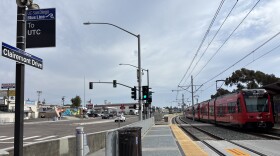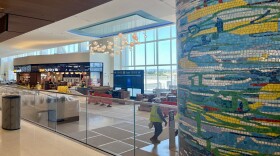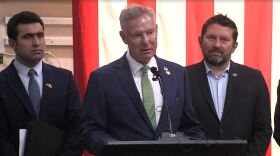What exactly do those terms in San Diego's budget mean? Here's a list of definitions.
General Fund: Money from property tax, sales tax and other taxes and fees used to pay for most of the services the city provides. See a full list here.
Capital Improvement Program: Money to fix up or improve the city’s buildings, parks, landfills and wastewater and transportation systems.
Internal Service Funds: Money used to pay for services provided by one city department to another city department. For example, printing services and vehicle maintenance.
Enterprise Funds: Services like water, sewer, trash, recycling and airports that are paid for by user fees. These funds are supposed to not require any additional money from the city.
Capital Project Funds: used to acquire or build major projects like buildings, parks, libraries and transportation and storm water systems. Last year, there were 150 projects funded with about $215 million. Sixteen of the projects were new and 134 were continuing.
Debt Service and Tax Funds: Used to pay down the Series 1991 General Obligation Bonds for Public Safety Communication Project and to pay for General Fund Tax and Revenue Anticipation Notes. The Series 1990 are bonds issued in 1991 to fund communication equipment for fire and police. The Tax and Revenue Anticipation Notes, or TRANS, is money leant to the city to hold it over until property tax revenues come through from the county.
Special Revenue Funds: Money collected for specific purposes, like the Transient Occupancy Tax (TOT) or the Gas Tax. The TOT is the tax collected on hotel rooms, campgrounds, hostels and other places visitors to San Diego stay. The Gas Tax is just how it sounds—a tax on the sale of gasoline. The city gets a share of that tax.





